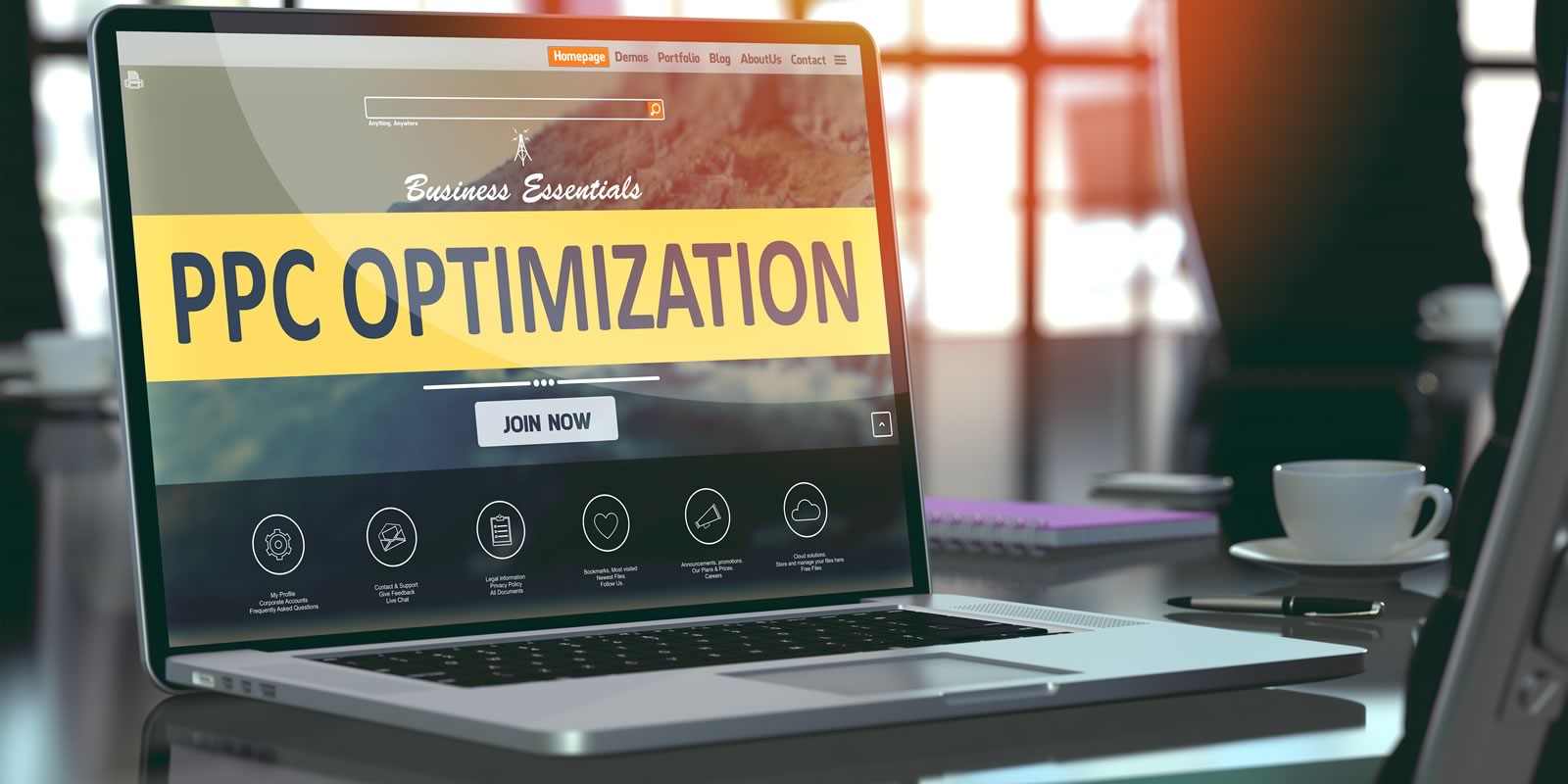Dynasty Marketing Group explains the difference between Paid searches and Organic Searches. Both searches will bring traffic to your site but ultimately there is a different in the quality of the traffic. Below you will identify the difference in quality vs quantity and short term vs long term traffic.
When it comes to search, deciding whether to dedicate resources to organic search efforts (SEO) or paid search efforts (PPC) is not easy. The right answer depends on a variety of factors including audience behavior, available budget, and your organization’s marketing goals.
Often, the answer to the paid vs. search question isn’t either/or. It’s a matter of striking the right balance.
To help, we’ve put together some key things to consider when implementing the right SEO/PPC balance for your organization. But first, let’s review the major difference between paid and organic search.
Traffic coming from SEO (Search Engine Optimization) is free, while traffic generated from PPC (Pay Per Click) ads is not free. PPC ads are displayed above organic search results or on the sidebar of search engine pages for search queries related to their topic. Landing page keywords, ad keywords, CPC (cost per click) bids, and targeting all influence how those ads are “served” or displayed on the page.
Organic results appear under paid ads. Getting your website or listing to appear in the coveted first and second positions of a SERP (search engine results page) depends on how optimized your website is for search engines.
So, what’s the best strategy to use for your organization and when? Here are the main factors to consider.
In order to determine what to invest in PPC vs. SEO, consider your total budget for search marketing. If you have no budget to commit to paid ads, you’ll need to stick to SEO optimization.
If you do have some budget to dedicate to paid ads, it’s worth incorporating it into your SEM strategy.
If you’re interested in implementing PPC as well as SEO, consider how much the competition in your industry spends on these ads, too.
PPC platforms hinge not on fixed prices, but on bids. Marketers bid for what they’re willing to pay for a single keyword click. Some industry words are much more expensive than others. The more expensive the word, the more likely you should rely on SEO to deliver traffic and leads to your organization. To find average industry CPCs, you can use Google’s keyword planner tool.
Bottom Line: If the average CPC is really high, lean more on SEO to deliver results for your organization. If it’s manageable, bid away!
Competition for keywords in hot industries can be fierce, and is often dominated by leaders in the space. Trying to displace these big fish through your SEO efforts alone will require significant resources and strategy, and may, in the end, be impossible.
To understand SEO competition for your target keywords, refer back to Google’s keyword planner tool. This tool not only helps you research competition for your target keywords, but gives you ideas for terms that are relevant to your product or services.
Bottom line: If competition for your keywords is relatively small, lean on your SEO strategy to do the heavy lifting. If the competition is raging, pay for traffic via your PPC ads.
When deciding whether to use PPC, SEO, or a mixture of both for a search marketing campaign, first consider your goals. Are they mainly short-term goals like increasing traffic immediately? Or are they long-term goals like building a consistent body of traffic over time?
For the short-term, PPC is generally your best bet. The minute your ad runs, it delivers results. But when the budget stops, so do the benefits. Because SEO relies on your website’s content, linking structure, and meta data, developing a thorough strategy that delivers real results takes more time than setting up a PPC campaign. However, SEO’s results may be more valuable to you and your organization in the long run.
Bottom line: If you’re looking for quick results, invest more in PPC. If you’re interested in building a more valuable traffic base over time, lean on SEO.
PPC campaigns and SEO campaigns drive different kinds of traffic to your website. Which way you lean depends on what your traffic goals are.
Are you primarily interested in short-term conversions, testing, and/or product sales? PPC is the way to go. 50% of people arriving at a retailer’s site from paid ads are more likely to buy than visitors who came from an organic link.
Are you more interested in building a lot of traffic over time and establishing trust with your visitors? A solid SEO strategy should be your go-to strategy.
Bottom line: In general, SEO promotes more valuable long-term relationships and trust with visitors, while PPC drives more traffic and immediate conversions.
The very best marketing teams know that the SEO vs. PPC comparison is not black and white. Each approach provides value—emphasize the one that matches the goals of your organization and the circumstances of your campaign.

